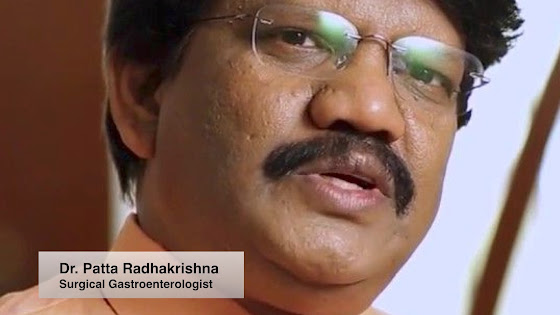The pancreas is the most hardworking organ in the human body. It plays a significant role in your digestion process. It makes enzymes that help your digestive process and insulin to keep your blood sugar levels under control. Any inflammation, fibrosis, or scarring of the pancreas will develop a condition called pancreatitis.
What is pancreatitis?
Pancreatitis is a disease in which the pancreas becomes inflamed or damaged. This is when the digestive enzymes are activated before they are released into the small intestine and begin attacking the pancreas. Pancreatitis can become a chronic problem. Treatment for this condition varies depending on whether your pancreatitis is acute or chronic.
Acute pancreatitis is a sudden inflammation of your pancreas, which can be very painful. You may have nausea, vomiting, and fever. If acute pancreatitis slowly gets worse,It may lead to chronic pancreatitis.
What is chronic pancreatitis?
Chronic pancreatitis is an irreversible and progressive disorder of the pancreas caused by an inflammation that constantly occurs over the long haul. Chronic pancreatitis can create permanent damage to the pancreas. Scar tissue develops from this long-term inflammation.
What causes chronic pancreatitis?
If you have chronic pancreatitis, the digestive enzymes that would normally travel by tubes inside your pancreas and empty into your upper intestine, become trapped inside your pancreas, this causes pain and scarring. The trapped enzymes slowly destroy your pancreas.
The most common cause of chronic pancreatitis is drinking too much alcohol over many years.
Other causes include:
- An attack of acute pancreatitis that damages your pancreatic ducts
- A blockage of the main pancreatic duct caused by cancer
- Certain autoimmune disorders
- Cystic fibrosis
- Hereditary diseases of the pancreas
- Smoking
- Unknown cause in some cases
How to diagnose?
If pancreatitis is suspected, It is best diagnosed with tests that can evaluate the structure of the pancreas via radiography. Your doctor will likely use a combination of blood tests and imaging studies to make a diagnosis.
Computed tomography is the best imaging modality for diagnosis. Your doctor may recommend a variety of diagnostic tests such as; Transabdominal ultrasound, Endoscopic ultrasound, and Magnetic resonance cholangiopancreatography (MRCP).
How is chronic pancreatitis treated?
Day-to-day treatment includes:
- Pain medicine
- Pancreatic enzyme supplements with every meal
- Insulin, if you develop diabetes
- Vitamin supplements, if needed
For acute pancreatitis or a flare-up, you may need to stay in the hospital for treatment. Your exact treatment will depend on the cause of your chronic pancreatitis, how severe the symptoms are, and your physical condition.
Acute treatments may include:
- Feeding through a tube through the nose into the stomach
- Diet
- IV fluids
- Pain medicines
- Surgery
You can control pancreatitis with a healthy lifestyle and medical treatment when necessary. Organizations such as the SIMS hospital can provide resources and support to help you live a full and healthy life with pancreatitis.
However, if any of your symptoms reappear, speak with your doctor as soon as possible.
Mail Us: gastrosurgeonchennai@gmail.com










